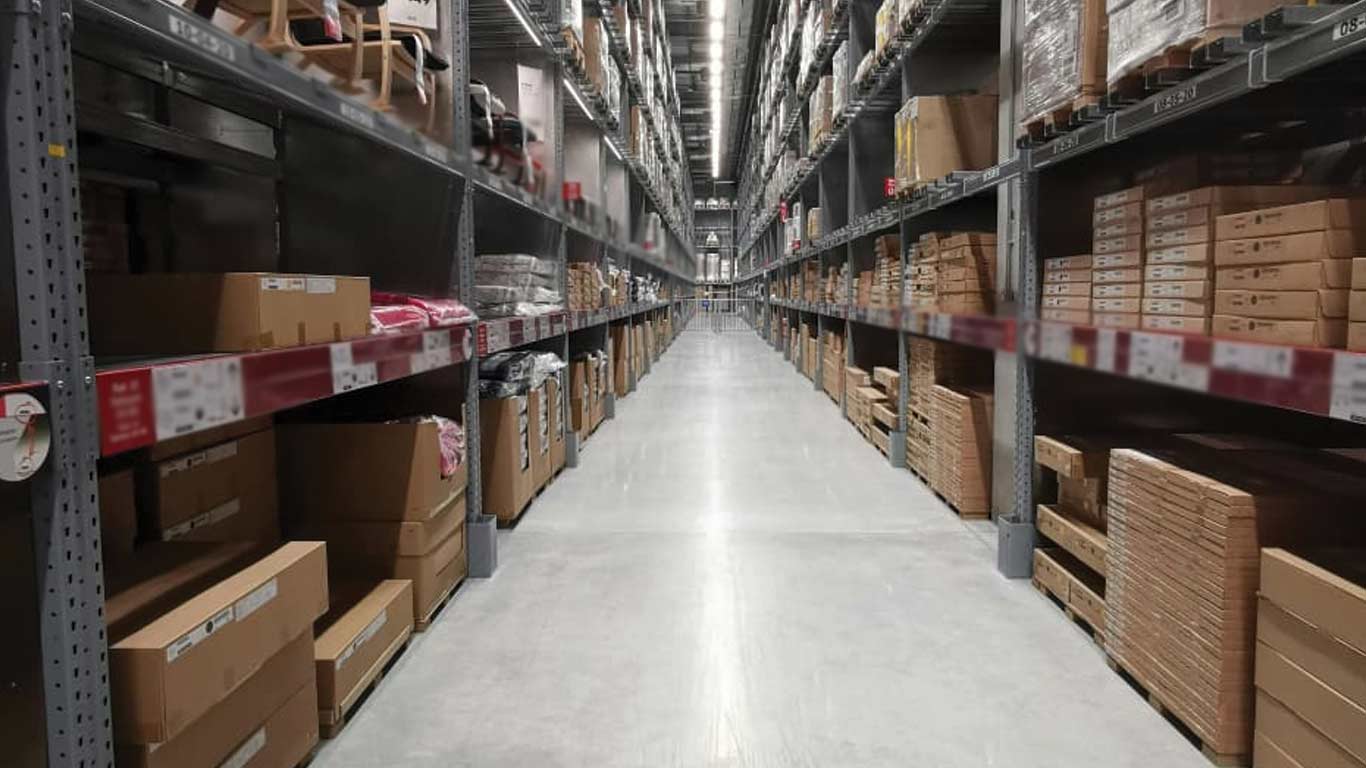
New Delhi, Sep 17 (KNN) JP Morgan has forecast that India’s business-to-consumer (B2C) e-commerce logistics market will grow at a compound annual growth rate (CAGR) of 16% through FY2030, significantly outpacing the overall logistics industry.
The surge will be driven by deeper e-commerce penetration in Tier-2 and smaller cities, along with improved technology and operational efficiency across delivery networks.
However, the report also warns of several challenges that could impact the sector’s profitability. Many e-commerce logistics firms are yet to achieve profitability, and if e-commerce demand does not accelerate further, the industry may see consolidation.
Additionally, pricing pressures remain a concern as consumer demand slows and e-commerce platforms increasingly manage their own deliveries in-house, reducing reliance on third-party logistics providers.
Expanding services beyond Tier-1 cities presents both a major opportunity and an operational hurdle. Logistics companies face poor road infrastructure, fragmented delivery networks, and multiple touchpoints when servicing smaller towns.
To address these issues, firms are rapidly adopting new technologies such as real-time shipment tracking, route optimisation systems, artificial intelligence (AI) and machine learning (ML) tools, and improved geocoding systemsto enhance accuracy and efficiency.
Customer expectations are also evolving quickly, with growing demand for faster delivery options like same-day and next-day shipping. Many consumers are willing to pay extra for such premium services.
In response, major logistics players are setting up more regional fulfilment centres and exploring omnichannel distribution models to cut delivery times and boost service quality.
Overall, the report suggests that while the sector holds immense growth potential, achieving scalability, efficiency, and profitability will be crucial for long-term success.
(KNN Bureau)



